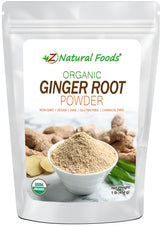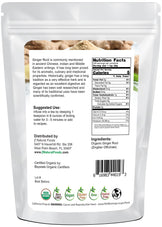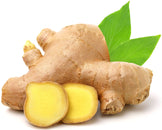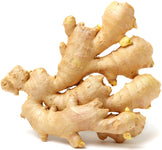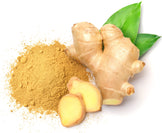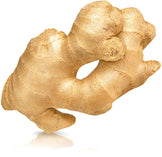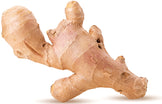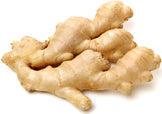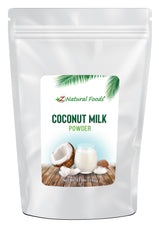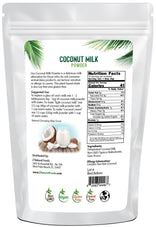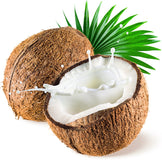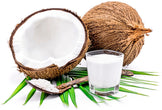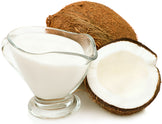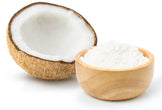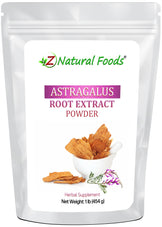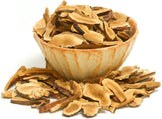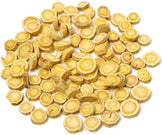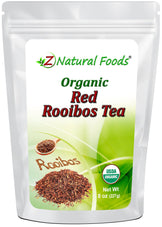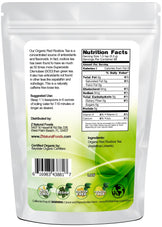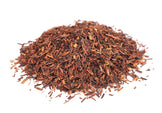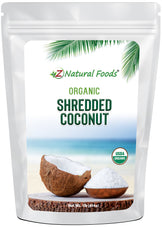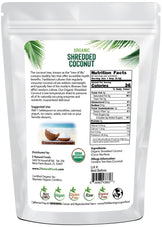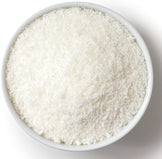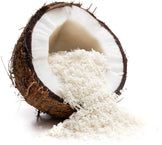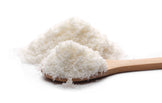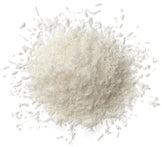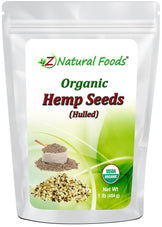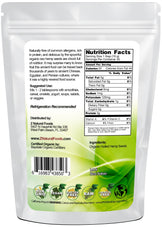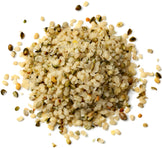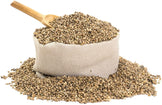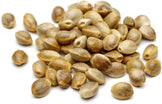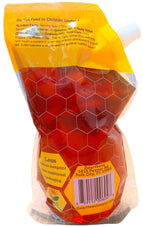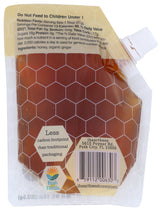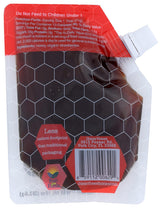Eczema


Categorieswhen you select any items page will be refresh and focus will be move out of the page
Health Concerns
Ginger Root Powder - Organic
Organic Ginger Root powder is derived from the root of the ginger plant, a perennial flowering plant native to Southeast Asia. ...
Current price$13.99
Coconut Milk Powder
Coconut milk powder has been used for centuries in many parts of the world, including the South Pacific, India, and Southeast A...
Current price$224.99
Mangosteen Fruit Powder - Organic
Mangosteen is a tropical fruit native to Southeast Asia known for its sweet and tangy flesh. It has been used for its medicina...
Current price$32.99
Astragalus Root Extract Powder
Astragalus root extract is derived from the Astragalus membranaceus plant, which is native to China. It is most revered and roo...
Current price$24.99
Rooibos Tea (Red) - Organic
Organic Red Rooibos Tea, also known as red bush tea, is native to the western region of South Africa. It was discovered by the...
Current price$9.99
Coconut - Shredded, Raw Organic
Shredded coconut, also known as desiccated coconut, is made from the white flesh of mature coconuts. It is created by removing ...
Current price$7.99
Hemp Seeds - Raw, Organic, Shelled
Organic Raw Shelled Hemp Seeds have been consumed as a food source for thousands of years. Hemp seeds were one of the earliest ...
Current price$14.99
Summer Blend Honey
Indulge in the Beekeeper's Favorite, our Florida Summer honey, a blend of Gallberry, Saw Palmetto, and Wildflower varieties. C...
Current price$19.99
Ginger Honey
Experience the perfect harmony of raw, unfiltered Florida summer honey and organic dried ginger in our Ginger Honey. With almo...
Current price$11.99
Strawberry Honey
Savor the essence of Florida's summer with our exquisite Strawberry Honey, a fusion of raw, unfiltered honey and locally source...
Current price$11.99
Feel Better. Look Better. Be Better.
Get on the list for actionable Health & Nutrition advice every week.

